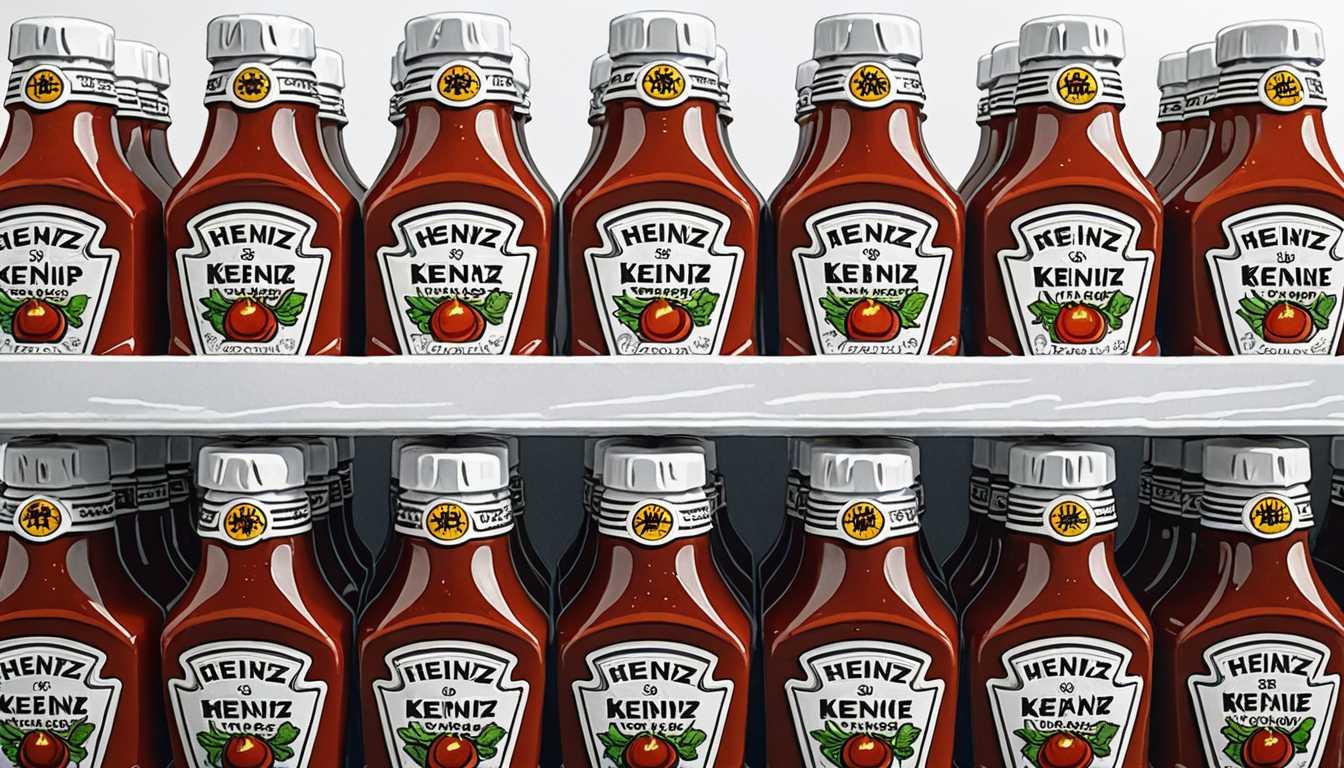The Truth Inside Your Easter Bunny
April 2010
Smithsonian Magazine
Introduction
Ever wondered why your Easter bunny is more air than chocolate? Smithsonian Magazine dives into the surprisingly practical reasons behind those hollow chocolate rabbits. Spoiler alert: it's not a grand conspiracy to teach kids about life's disappointments but rather a way to avoid dental disasters and keep costs down. From their origins in 19th-century America to becoming a recession-proof tradition, these bunnies have a tale that's as intriguing as it is sweet. Dive in to discover why biting into emptiness might just be a treat.
READ FULL ARTICLEWhy It Matters
Discover how this topic shapes your world and future
The Sweet Impact
The tradition of chocolate Easter bunnies, especially the hollow ones, is more than just a treat; it's a fascinating intersection of culture, economics, and psychology. These bunnies carry with them stories of innovation, adaptation to material shortages, and consumer perception, reflecting broader themes in society about resourcefulness and the value of tradition. The shift towards hollow chocolate bunnies, driven by practicality and economic considerations, also opens discussions on food production's environmental impact and the psychology behind our preferences for certain food shapes and textures. For you, this might mean a deeper appreciation for the traditions and choices that shape our celebrations and consumption.
Speak like a Scholar
Culinary arts
The art of preparing, cooking, and presenting food in the most innovative and impressive manner.
Sustainability
Practices that ensure resources are used in a way that does not harm the environment or deplete them for future generations.
Consumer behavior
The study of how individuals make decisions to spend their resources on consumption-related items.
Chemical properties
Characteristics of a substance that become evident during or after a chemical reaction.
Environmental impact
The effect of human activities and products on the environment and ecosystem health.
Marketing strategies
Plans developed by businesses to promote and sell their products effectively to target consumers.
Independent Research Ideas
The chemistry of chocolate
Investigate the chemical properties that make chocolate melt in your mouth but not in your hand.
Sustainability in candy production
Explore how sustainable practices can be applied in the production of seasonal candies, like Easter bunnies.
Cultural significance of Easter treats
Delve into how and why certain foods, like chocolate bunnies, become associated with specific holidays around the world.
Marketing seasonal products
Analyze the strategies behind marketing seasonal products and their impact on consumer behavior.
Psychology of eating
Examine the psychological effects of shape and form on our eating experience, using hollow chocolate bunnies as a case study.
Related Articles

Ketchup: A Global Condiment Saga
July 2018
Smithsonian Magazine

Numbers Rule: The Power in Politics
April 2024
Massachusetts Institute of Technology (MIT)

Stamp Worth Millions: A Rare Find
March 2024
Smithsonian Magazine

Popcorn: The Movie Snack Hero
October 2013
Smithsonian Magazine

Cake Tales: Weddings Through Time
July 2009
Smithsonian Magazine